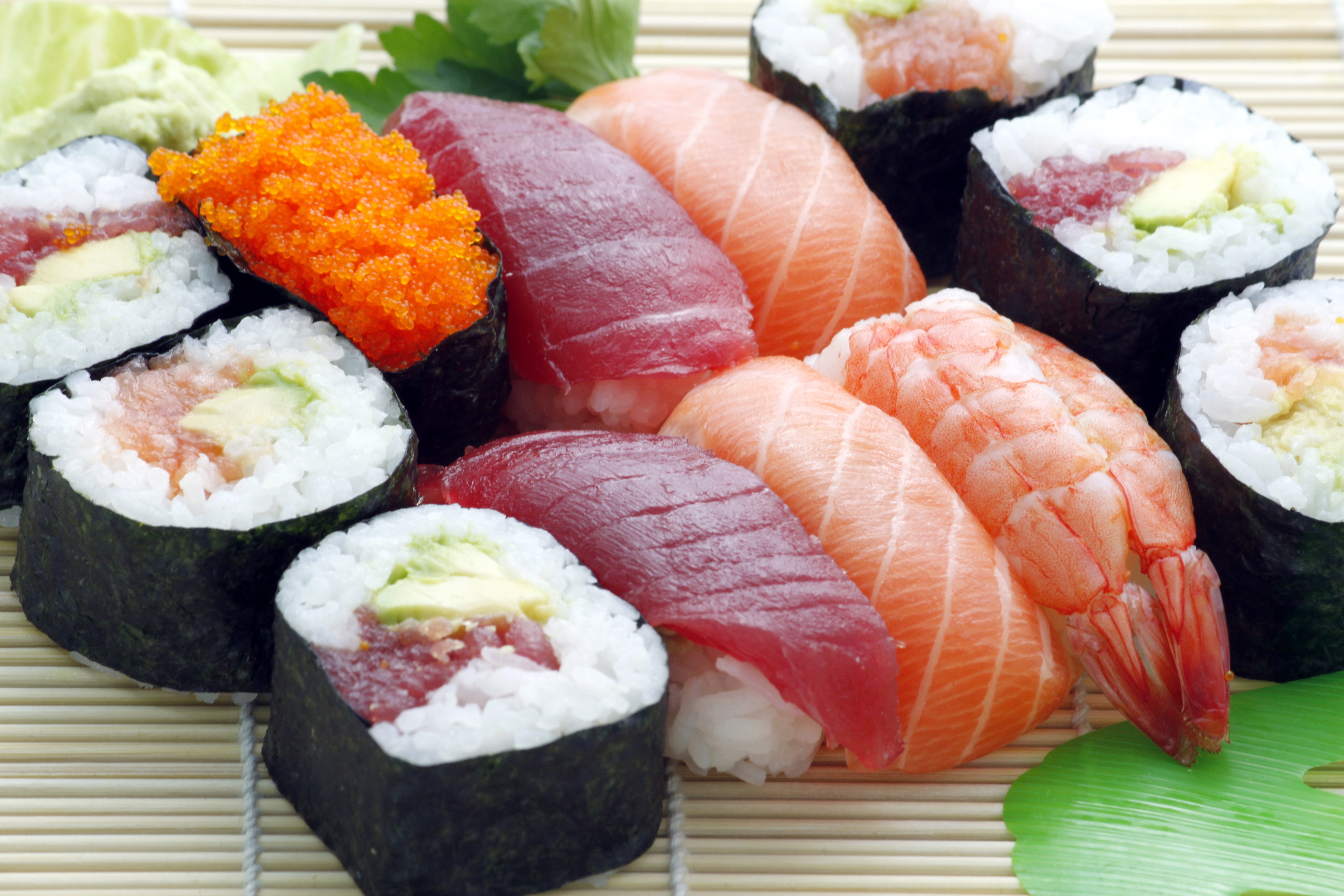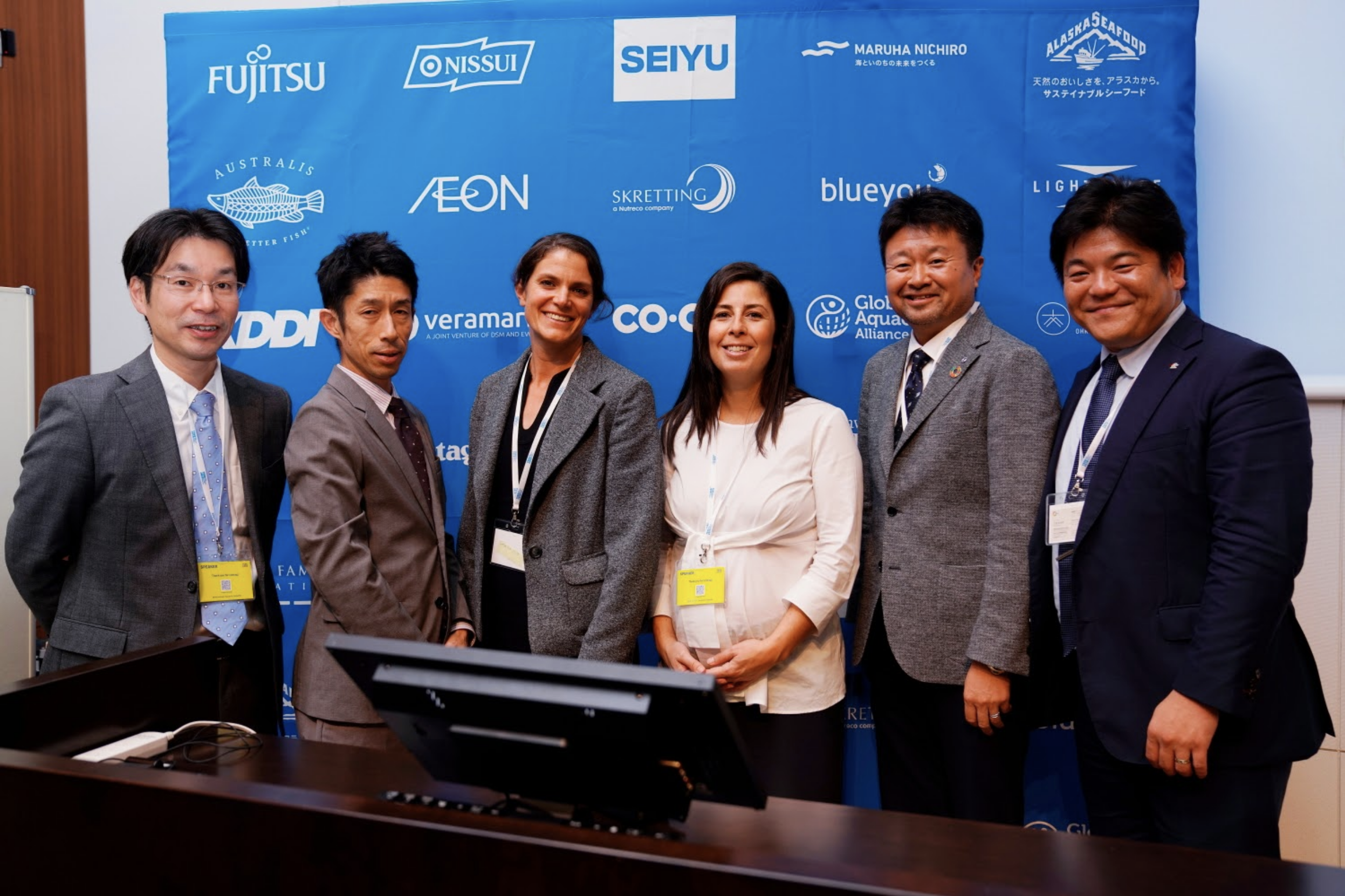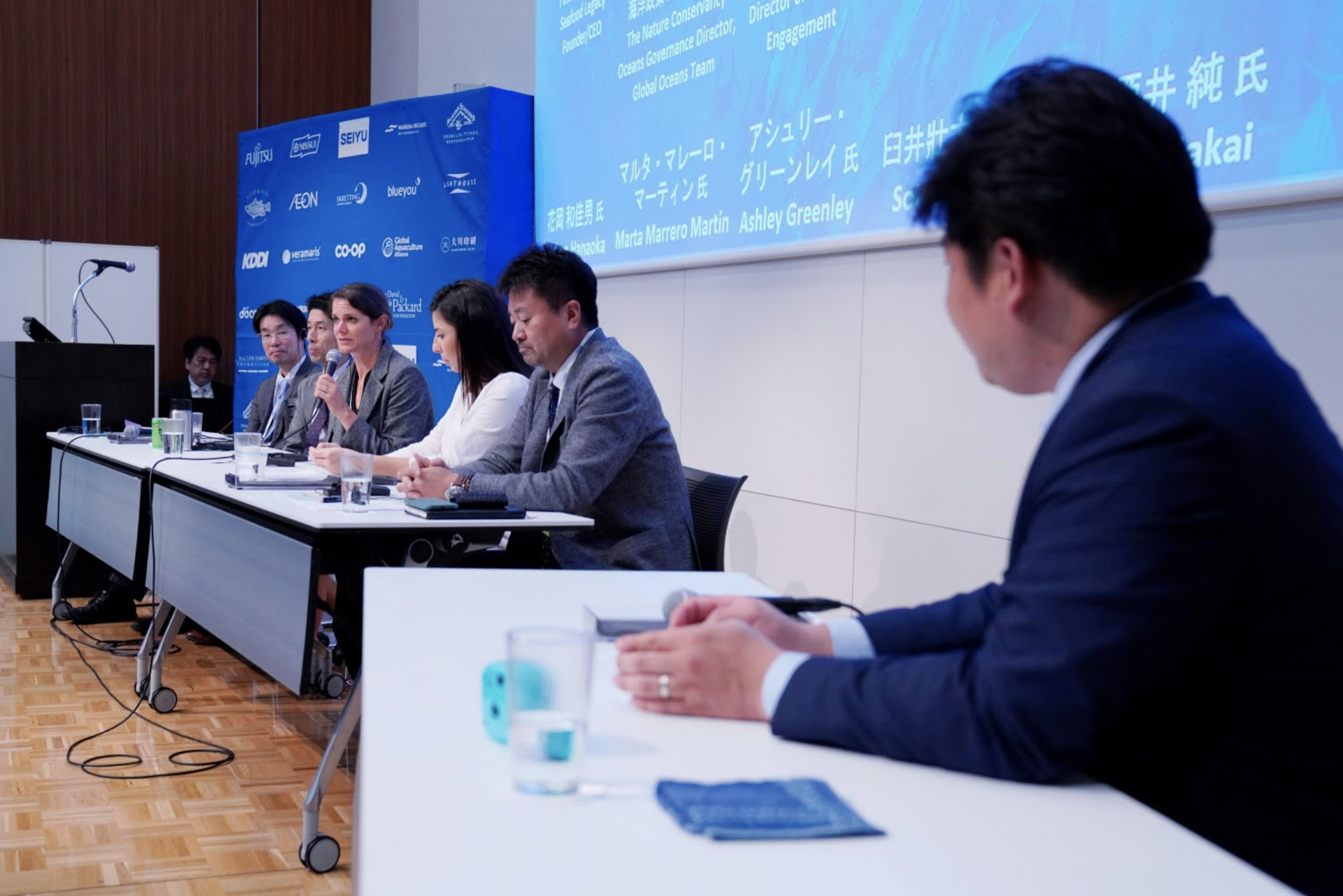
Towards a Sustainable Future for Seafood in Japan
Last November, SALT headed to Tokyo to partake in Japan’s largest sustainable seafood conference to date. FishWise’s Division Director, Ashley Greenley, recounts how the growing eminence of Seafood Legacy’s Tokyo Sustainable Seafood Summit is one of many signs that Japan is paving a more sustainable course for its oceans.
As an island nation, Japan’s long history and traditions are inseparably woven into its fisheries and marine resources, and to this day seafood remains a mainstay of the Japanese diet. Yet over the past 30 years, catches from Japan’s domestic fisheries have dropped precipitously, and the country increasingly relies on imported seafood to feed its population. When it comes to seafood, there is much at stake for Japan, including the cultural ramifications of a graying domestic fishing fleet that struggles to entice younger generations to fish as a viable livelihood.
Fortunately- the situation in Japan seems to be changing course for the better. In late 2018, the Japanese government overhauled its fisheries management policies- for the first time in 70 years – in an effort to recover the nation’s depleted fish stocks. On the heels of this landmark reform, Japan is also considering adopting new legislation for the massive amount of seafood it imports each year. Specifically, Japan is contemplating how best to stem the flow of seafood imported from illegal, unreported, and unregulated fisheries.
Counter-IUU seafood importation schemes were thus an especially relevant and timely topic at Seafood Legacy’s recent Tokyo Sustainable Seafood Symposium. Ashley Greenley, who leads FishWise’s Business Engagement Division, presented on a panel entitled, “Traceability and Regulation: Eliminating Illegal Seafood Products from the Market.” Sharing the stage with Japanese and European colleagues from the seafood industry and non-profit sectors, Ashley spoke to recent U.S. legislation (Seafood Import Monitoring Program) and business efforts to disincentivize IUU products from entering seafood supply chains.

One consistent theme that emerged throughout the panel discussion was the need for increased international coordination and collaboration to effectively eliminate IUU seafood products from global markets. As Japan weighs approaches to tighten its import control measures, it certainly stands to learn from what has (and hasn’t) been effective with EU and U.S. efforts to stem imports of IUU seafood. Fortunately, these lessons in traceability and counter-IUU fishing don’t have to remain in isolated silos. The Tokyo Symposium panel was an opportune time for Ashley to showcase the Seafood Alliance for Legality and Traceability’s (SALT) website as an extensive global resource which houses such traceability information as WWF, EFJ, TNC, and Oceana’s recent analysis of key data element used in EU, US, and Japanese* import control schemes*.
This past November’s Tokyo Symposium was the largest yet since Seafood Legacy started the event five years ago, boasting a record number of attendees from international destinations, along with strong representation from the Japanese government and seafood industry. Yet the sentiment of progress and positive change was palpable well beyond the glossy highrise meeting venue in Tokyo. This year, Japan will rally to meet seafood sustainability targets established for the 2020 Summer Olympics. As one of the world’s largest markets for imported seafood, Japan’s adoption of counter-IUU legislation for seafood imports could be a gamechanger in addressing IUU fishing. This, in combination with Japan’s landmark fishing reforms, are an indication that there may yet be a future for Japanese fishers.
*Japan partakes in multilateral catch documentation schemes (CDS) for southern bluefin tuna, Atlantic bluefin tuna, and Patagonian toothfish; it is currently considering adopting additional unilateral measures for seafood imports.

